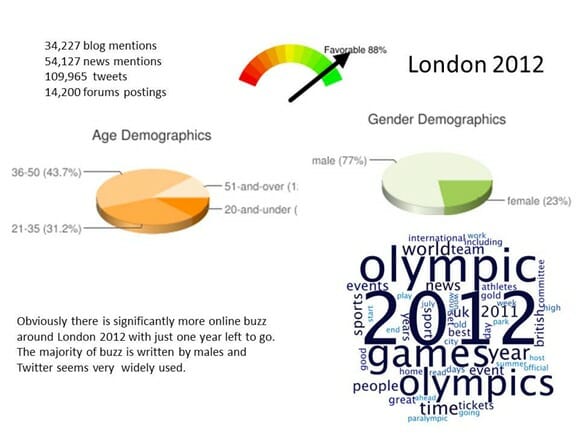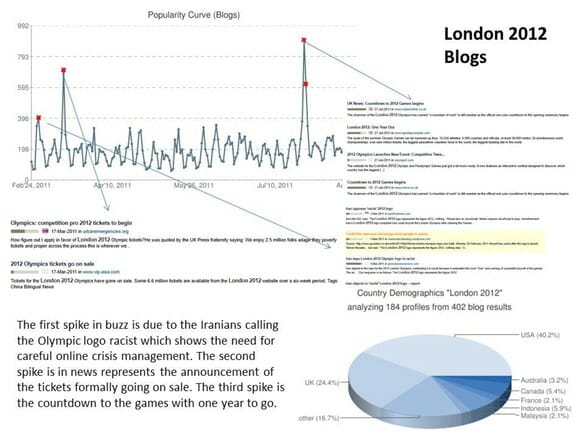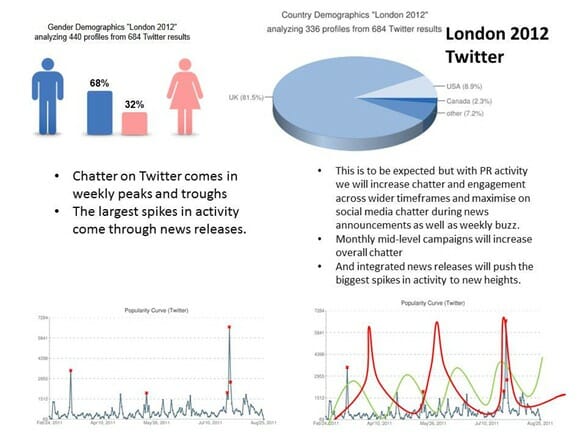With all the hype during the last six or seven years around the explosion of social networking you could be led to believe that social media influencers drive everything and are going to take over the world now. You may also have been convinced that the day of the traditional media sources and good quality investigative journalism are over. Not so – it’s true social media is important and that we all tend to use different channels to share different things. For instance, hands up who hasn’t logged into Quora or Google+ in the last few days? Yes I can hear a few of you sheepishly hiding your heads in shame – is that because 90% of the people on there still are the same people on Twitter sharing the same stuff.
The latest reports have revealed that numbers are dropping off and people aren’t logging in and with yesterday’s announcement of Facebook which will allow people to filter their friends is Google+ going to drop off a cliff. I don’t know I am not psychic but they have a fight on their hands that’s for sure. Mr Zuckerberg likes to make sure other networks don’t innovate beyond them and beat the mighty book of face – he has learnt a lot from the likes of MySpace and Friendsreunited.
So as part of my daily job, working in digital PR and the social space, is creating online conversation reports and using them to create a clear digital strategy. For those of you that don’t have to get involved with these huge document’s they are basically a lengthy statistics analysis document which closely examine and analyse data surrounding a topic.
When I am creating them my team and I look at a particular topic of interest using a variety of different conversation monitoring tools (they are all pretty similar) to analyse what is being said about that topic or client online. Now if I had a pound for every social media monitoring tool that has contacted me over the last 12 months to go through a web demo I think I could have retired. However, that said there are some really useful tools out there which can be used to look at conversation drivers but the skill isn’t pulling the data out of these tools its then using your experience and knowledge to analyse what opportunities the data shows.
When we look at conversation trends one of the key areas I look at is what do people already share around that topic?, what are their worries?, what is negative?, what is positive? and how can we use this information to give these communities something which will rally help them chat about this online. In other words, how can we help these guys write and talk.
I have noticed a strong theme whilst analysing these reports and that is that social media channels and still being driven predominately by PR news and the more traditional news sources. I remember some research I a while back that said most of the conversation online came from a small amount of news sources and that still seems to be true.
I have just prepared a few slides of analysis on a subject close to my heart London 2012 (not a client – I wish) to show you what I mean. However, this is just a quick flavour, we have done a full report recently and the PowerPoint deck alone had 223 slides so it can be a very big job but well worth it at the end of it all.
As you can see the clear driver of all the spikes in conversation in this small piece of data analysis are from the daily news agenda which is creating peaks but I think the real opportunity here is for the community managers to benefit from focussing future campaigns on the troughs. Yes I mean the hard bit. I read another article in The Metro a couple of weeks back which covered the launch of the new Olympic shopping Mall in East London which has more than 300 shops and which has created hundreds of jobs and changed the local landscape. Again people were sharing this story everywhere but what campaigns can they use to drive buzz when there isn’t a big news announcement? What strategy do they have to keep people talking about the games right up the day of launch?
I talk a lot about online crisis management and you may have thought the ticket shortages may have been a problem for the Olympics. Really? Have a think about it – they created so much hype and demand for the tickets they sold out more than five to one. Is the Olympic Committee going to be upset about that? I strongly doubt it, the idea was to sell out venues in London and create a legacy and they have already sold the venues out with the demand they created. Could they have handled the ticket situation better? Yes, definitely but then we could all manage situations better in hindsight. Personally, I should have gone for more than three sets of tickets myself because I only got one set but hey that’s life.
Many people have bought into the belief that social media is now as powerful as traditional media but although social media is influential and can have a big effect it is still the more traditional news sources that are driving the online conversation and that is a fact.
So I will open this up for discussion do you think most of the buzz online is still created by the traditional media sources?
Chris Norton is the founder of Prohibition and an award winning communications consultant with more than twenty years’ experience. He was a lecturer at Leeds Beckett University and has had a varied PR career having worked both in-house and in a number of large consultancies. He is an Integrated PR and social media blogger and writes on a wide variety of blogs across a huge amount of topics from digital marketing, social media marketing right through to technology and crisis management.





